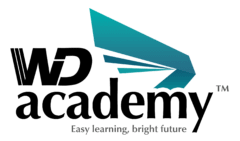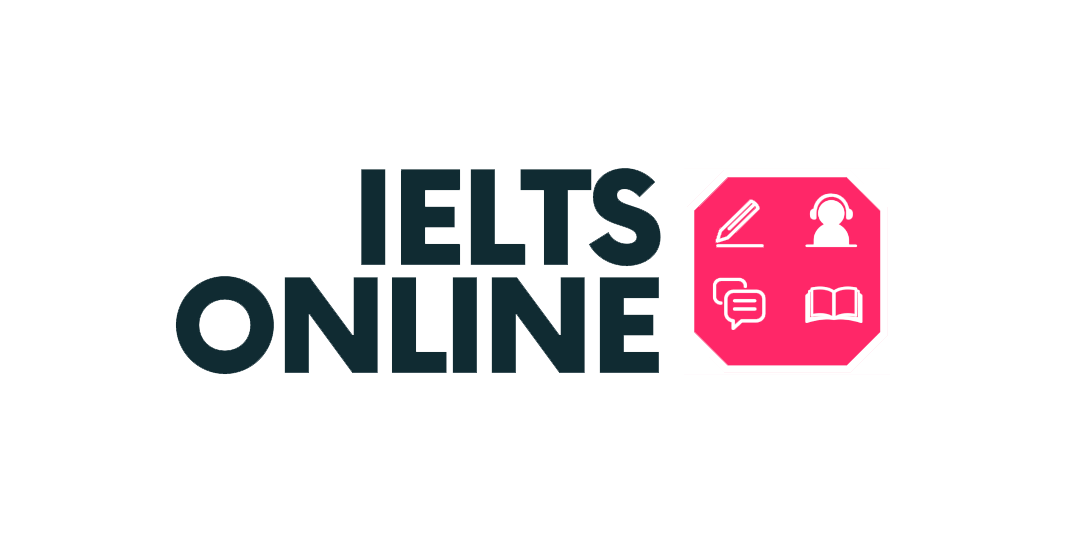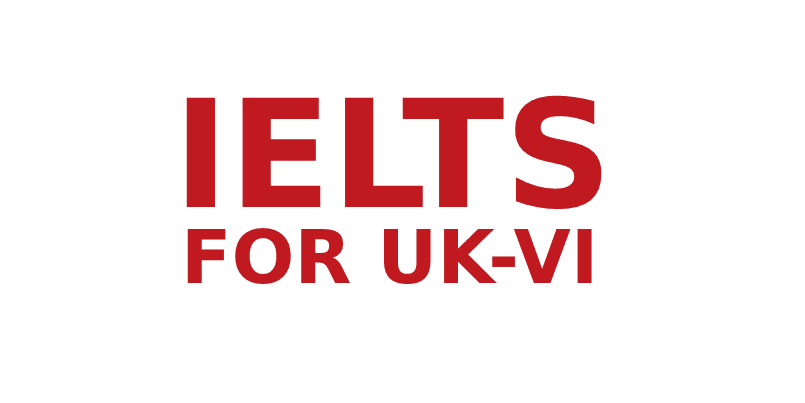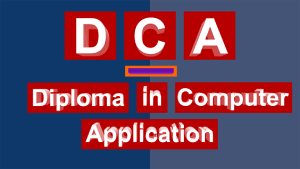D.C.A
Course Curriculum: The curriculum of a D.C.A course varies from one institution to another, but it generally covers a range of topics related to computer applications. Some common subjects included are:
- Computer Fundamentals: Introduction to basic computer hardware, software, and operating systems.
- Programming Concepts: Basic programming languages like C, C++, and Java, focusing on fundamental programming concepts.
- Office Automation Tools: Training in word processing, spreadsheet applications, and presentation software (Microsoft Office or similar alternatives).
- Database Management: Introduction to database concepts, using software like Microsoft Access or MySQL.
- Internet Basics: Understanding the fundamentals of the internet, web browsers, and online communication.
- Web Designing: Basics of HTML, CSS, and possibly introductory web development concepts.
- Graphic Design: Introduction to graphic design tools like Adobe Photoshop or GIMP.
- Operating Systems: In-depth knowledge about various operating systems like Windows, Linux, and macOS.
- Networking Basics: Basic concepts of computer networks, including LAN, WAN, and the internet.
- Project Work: Practical projects to apply the skills learned during the course.
Duration: A D.C.A course typically lasts for 6 months to 1 year, depending on the institution and the intensity of the program. Some institutions might offer longer or shorter durations.
Eligibility: The eligibility criteria for enrolling in a D.C.A course can vary, but generally, candidates who have completed their 10+2 (high school) education are eligible to apply.
Career Opportunities: After completing a D.C.A course, graduates can explore various entry-level job opportunities in the field of computer applications. Some common job roles include:
- Data Entry Operator: Managing and entering data into computer systems.
- Office Assistant: Assisting with administrative tasks using computer applications.
- Computer Operator: Handling computer systems and basic troubleshooting.
- Web Designer: Creating and maintaining simple websites.
- Graphic Designer: Designing basic graphics and visuals for digital media.
- Technical Support Assistant: Providing basic technical support to users.
- Data Analyst (Junior Level): Assisting in data analysis tasks using software tools.
Further Studies: A D.C.A course can also serve as a foundation for further studies in computer science or related fields. Graduates can pursue higher education, such as a Bachelor’s degree in Computer Science, Information Technology, or related disciplines.
Remember that the specifics of the course might differ based on the institution offering it. It’s always a good idea to review the curriculum and course details of the specific program you’re interested in to get a clear understanding of what it covers and what opportunities it can provide.









 Views Today : 16
Views Today : 16 Total views : 116870
Total views : 116870